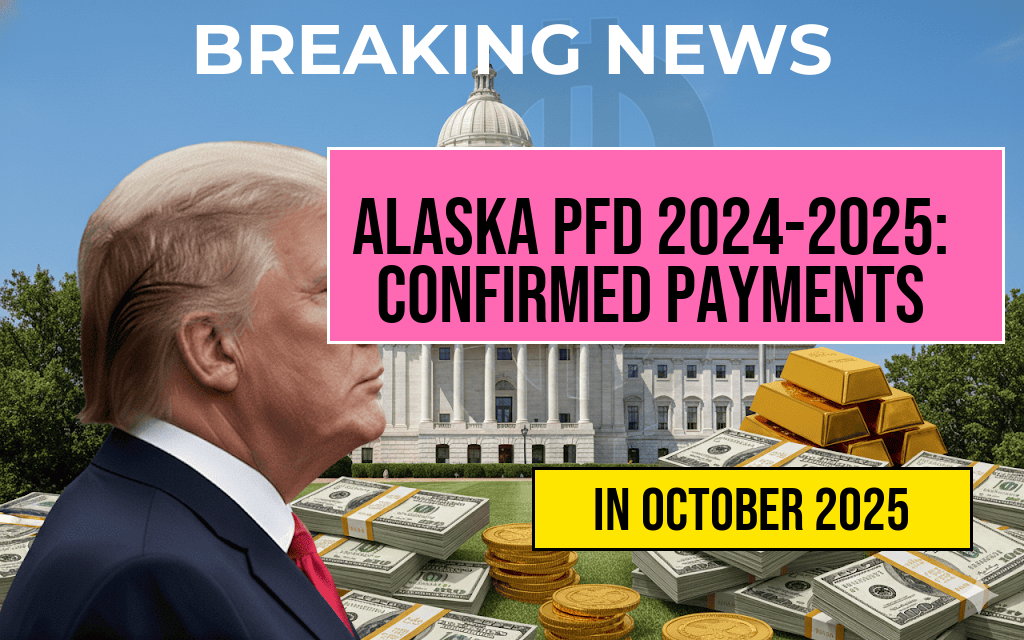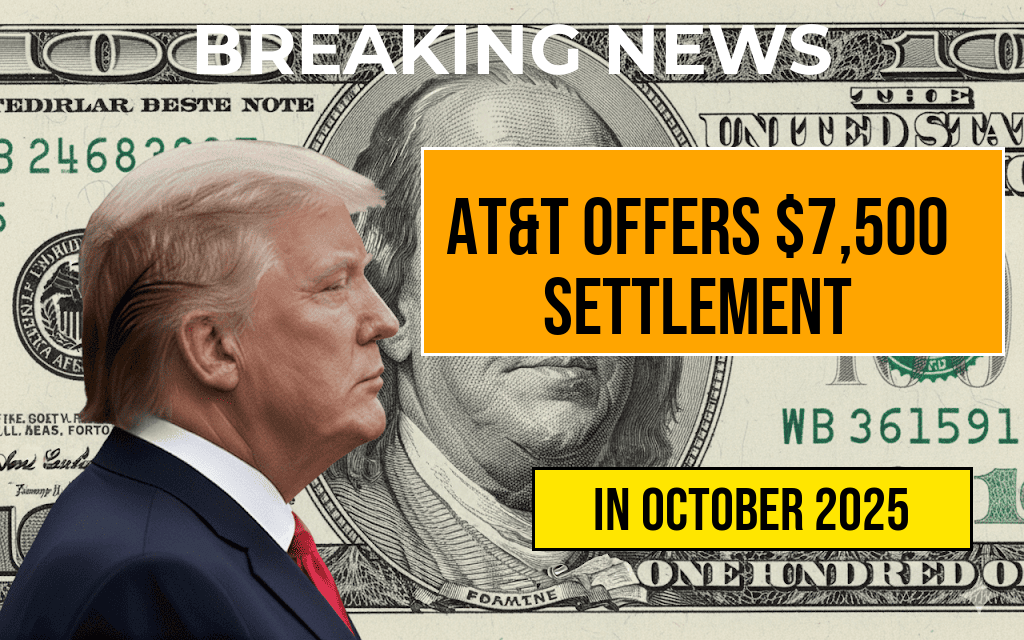Washington D.C. has established itself as the leader among U.S. jurisdictions with the highest minimum wages, currently set at $17.95 per hour in the top pay tier. This figure surpasses the national average and reflects the district’s ongoing efforts to address the rising cost of living and economic disparities. The city’s approach to wage policy incorporates phased increases aligned with inflation and economic growth, positioning it as a frontrunner in the movement toward higher minimum wages. As other states and cities debate wage hikes, D.C.’s policy underscores a broader trend toward ensuring workers receive a livable income. The implementation of this wage level also raises questions about its impact on local businesses, employment rates, and economic inequality, making it a focal point for policymakers and labor advocates alike.
Background on Washington D.C.’s Wage Policies
Washington D.C. has committed to progressive wage policies, with recent legislation increasing the minimum wage in phases over several years. The current top pay tier, which applies to large employers and certain sectors, features an hourly rate of $17.95, making it the highest among U.S. cities and states. The district’s minimum wage law aligns with efforts to keep pace with inflation and the area’s rising living costs, particularly housing and transportation expenses.
Wage Tiers and Implementation
| Tier | Employer Size / Sector | Hourly Wage |
|---|---|---|
| Top Pay Tier | Large employers (more than 250 employees), certain sectors | $17.95 |
| Middle Pay Tier | Mid-sized employers (26–250 employees) | $16.50 |
| Entry-Level | Small employers (1–25 employees) and tipped workers | $15.00 |
Economic and Social Impacts
Labor Market Dynamics
Proponents argue that the increased wages help attract and retain talent in the nation’s capital, especially in sectors like government contracting, hospitality, and healthcare. However, some small business owners express concern over rising labor costs potentially leading to reduced hiring or increased automation. Data from recent studies suggest that while higher wages can elevate living standards, they may also contribute to increased operational costs for businesses, prompting a delicate balancing act for policymakers.
Cost of Living and Livability
The District’s cost of living ranks among the highest in the country, driven primarily by housing prices that have escalated steadily over the past decade. According to the U.S. Census Bureau, the median home price in D.C. exceeds $700,000, intensifying the need for higher wages to sustain a basic standard of living. The wage hike aims to mitigate these pressures, providing workers with more purchasing power and reducing reliance on public assistance programs.
Comparison with Other Jurisdictions
While Washington D.C. leads with a top wage of $17.95, several other cities and states have also adopted significant minimum wages. California, for example, has a statewide minimum of $15.50 per hour, with some localities pushing higher, and New York City’s minimum is set at $15.00, with plans for future increases. These policies reflect a national trend toward elevating wages, yet D.C.’s rate remains unmatched in the current landscape.
Stakeholder Perspectives
Labor Advocates
- Argue that the wage increase is essential for reducing income inequality.
- Highlight the importance of fair compensation amid rising living costs.
- Support policies that tie wage increases to inflation to sustain purchasing power.
Business Community
- Express concern over increased labor expenses impacting profitability.
- Note potential challenges for small businesses in competitive markets.
- Seek subsidies or phased implementation to ease transition costs.
Policy Outlook and Future Developments
District officials have indicated that the current wage levels will be reviewed annually, with adjustments made in response to economic conditions. Discussions are also underway regarding extending wage protections to more sectors and smaller employers. Meanwhile, the city continues to explore complementary policies such as affordable housing initiatives and workforce development programs to address the multifaceted nature of economic inequality.
References
- Wage Law in the United States – Wikipedia
- Forbes: D.C. Has The Highest Minimum Wage in the Nation
- Brookings Institution: Minimum Wage Increases in D.C.
Frequently Asked Questions
What is the current minimum wage in Washington D.C.?
The current minimum wage in Washington D.C. is $17.95 per hour, making it the highest in the nation within the top pay tier.
How does Washington D.C.’s minimum wage compare to other states?
Washington D.C.’s minimum wage of $17.95 per hour surpasses that of most other states, positioning it as the leader in the nation for top pay tier wages.
What factors contribute to Washington D.C. having the highest minimum wage?
The city’s high cost of living, economic growth, and policy decisions aimed at improving wages for workers contribute to Washington D.C. leading with the highest minimum wage in the country.
Who is affected by the minimum wage increase in Washington D.C.?
Workers earning wages in the top pay tier across various industries in Washington D.C. benefit directly from this increase, ensuring fair compensation for their work.
Are there plans to increase the minimum wage further in Washington D.C.?
Future wage adjustments depend on policy decisions and economic factors, but currently, Washington D.C. maintains its position with a minimum wage of $17.95 per hour.








